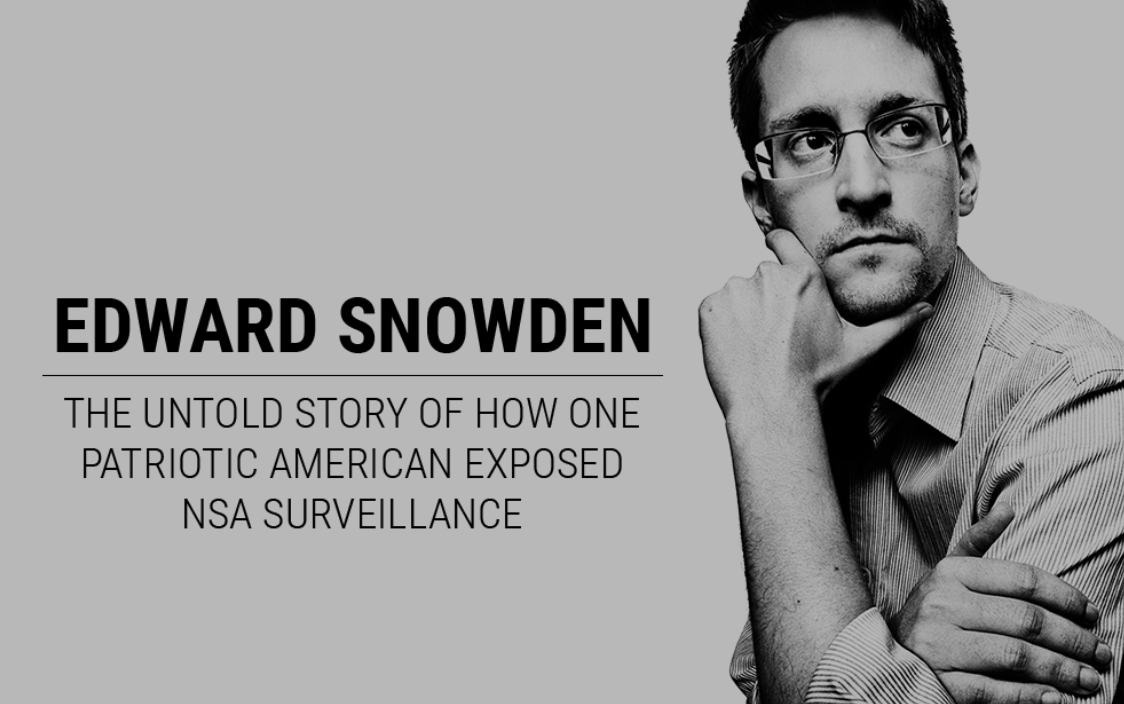Post #7
Digital Privacy
The issue of privacy has always been an important one to people. Previously, people might close their blinds, lock their doors or landscape around their house to obtain a feeling of privacy. However, the advent of the modern technology we now surround ourselves with has completely changed our expectations of privacy and the manner in which we achieve it.
TedTalk speaker, Catherine Crump, discussed the way in which local police departments are using millitary-grade technology to surveil the citizens they swore to protect. In her talk, ‘The Small and Surprisingly Dangerous Detail the Police Track About You’, she describes this phenomenon by saying, “This information used to be private. Thanks to modern technology, the government knows far too much about what happens behind closed doors. And local police departments make decisions about who they think you are based on this information.” While most generic people have nothing criminal to hide, it still raises flags to feel this sort of invasion of privacy.
I believe that the government does not have the right to collect this kind of information on its citizens, and a local police department in particular has no need to do so. The first step the government should take is respecting people’s privacy themselves. Then, federal legislation should be enacted that ensures everyone a decent expectation of privacy, free from the prying eyes of local or federal authorities.
(ammo.com)
This opinion became more widely held after what some know as ‘the Snowden incident’ in which a former NSA agent blew the whistle on the NSA spying on ordinary citizens. I believe that only if an individual is a confirmed and legitimate threat that they should be under such close watch. Meaning the agency has reason to believe they are associated with a crime, particularly violent. Antiterrorism operations are crucial, but there is no need to employ the tools and tactics used in these scenarios with everyday harmless Americans.
Christopher Sogohian spoke in his TedTalk, ‘How to Avoid Surveillance…With the Phone in Your Pocket’, about ways in which the government is using our mobile devices to surveil us. He emphasizes the way in which not only the government, but telephone companies are taking part in this coordinated effort to invade our privacy: “For more than a hundred years, the telephone companies have provided wire-tapping assistance to governments. For much of this time, this surveillance was manual. But as in so many other industries, computing has changed everything. Telephone companies built surveillance features into the very core of their networks''. (The Daily Dot)
Personally, I feel as though my concern has now surpassed beyond about just phone calls or texts messages. With the rise in ‘smart home products’ I can’t help but sometimes wonder if the convenience of getting an instant weather report is worth the potential that malicious actors or a government with purported good intentions is violating my privacy. To protect ourselves from invasions of privacy, this is exactly the question we must weigh.
Is the convenience of adapting new, innovative technology worth the risk that that very technology could be used to obstruct our fundamental human right of an expectation of privacy? Let me know down below in the comments!


Comments
Post a Comment